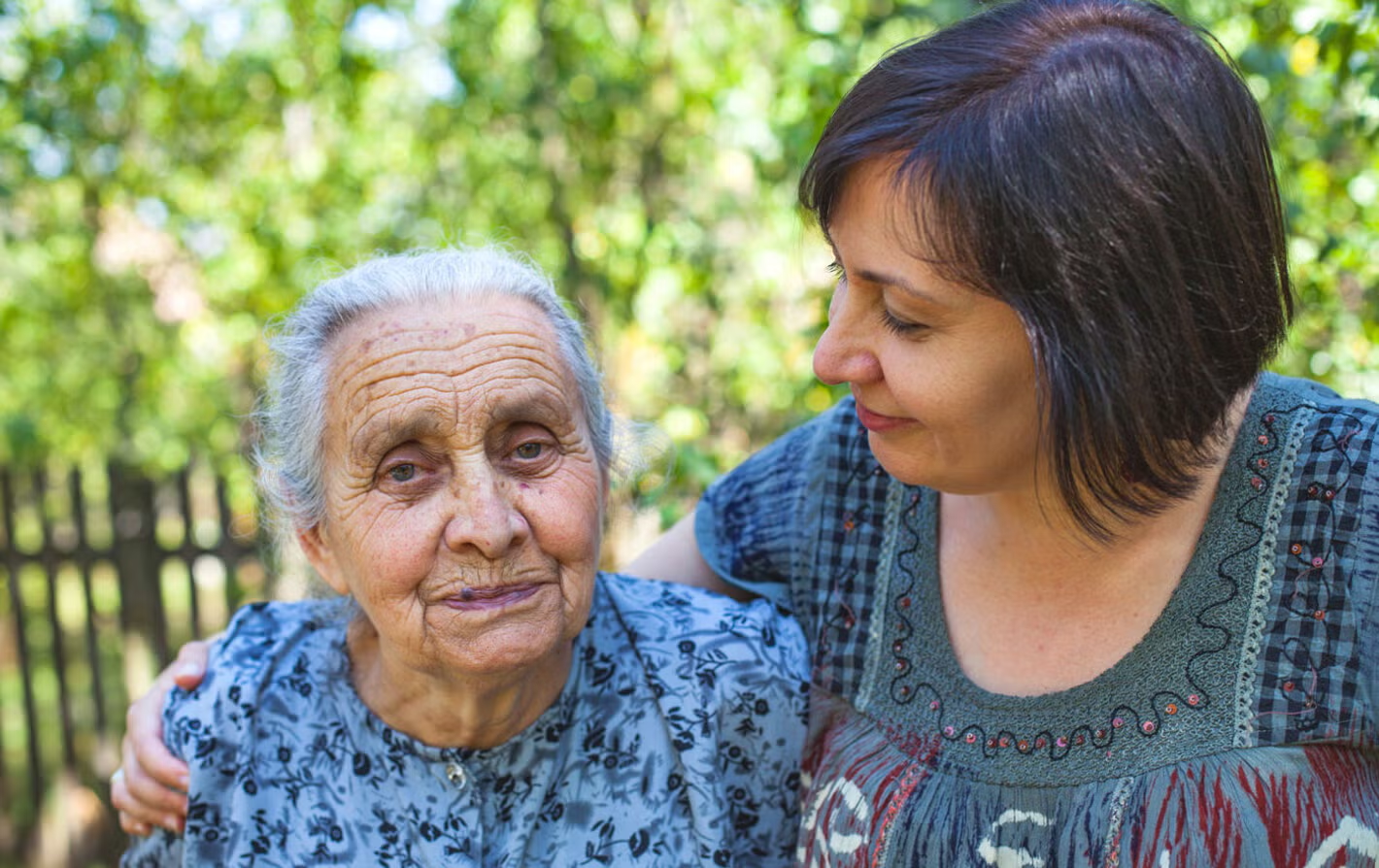
Washington, DC, October 29, 2024 (PAHO) – The Pan American Health Organization (PAHO) joins in the observance of the International Day of Care and Support today, to highlight the vital role of care at all stages of life. PAHO urges the implementation of policies that not only support dependent people but also strengthen the care workforce.
As global populations age and the demand for care for older adults increases, it is essential to recognize, value, and support care work through comprehensive policies that benefit both formal and informal caregivers.
In Latin America and the Caribbean, around 14.4% of the population aged 65 or older relies on care. This underscores the need for a renewed approach that ensures all individuals have access to the care necessary for living with dignity. However, many caregivers, predominantly women, face significant challenges: low wages, limited benefits, and an unpaid workload that negatively impacts their health and well-being.
This month, the PAHO Directing Council approved the Policy on Long-Term Care, which guides Member States in developing sustainable capacities that promote equity and support for care-dependent populations. This policy aims not only to address the rising demand for care but also to emphasize the crucial role of unpaid caregivers.
“The growing demand for long-term care represents a significant challenge for health and social protection systems in the Americas region,” James Fitzgerald, Director of Health Systems and Services at PAHO said. “This policy provides a strategic framework to ensure that countries are prepared to meet these needs,” he added.
With increasing life expectancy, the number of people requiring long-term care is on the rise. It is estimated that currently more than 8 million older people in the region need assistance, a figure that could triple by 2050. The new policy urges countries to invest in person-centered formal care services and to support informal caregivers, whose contributions are essential yet often overlooked.
The International Day of Care and Support, established in 2023 by the United Nations General Assembly, also serves as a call to action to invest in a resilient and inclusive care economy. Additionally, it complements the Decade of Healthy Aging (2021-2030), which is the UN’s main strategy for building a society for all ages.
PAHO calls on governments and all stakeholders to implement policies that not only support dependent people but also strengthen the care workforce. “By prioritizing investment in long-term care, we can reduce the reliance on unpaid family care and improve the quality of life of dependent people and their families,” highlighted Fitzgerald.



